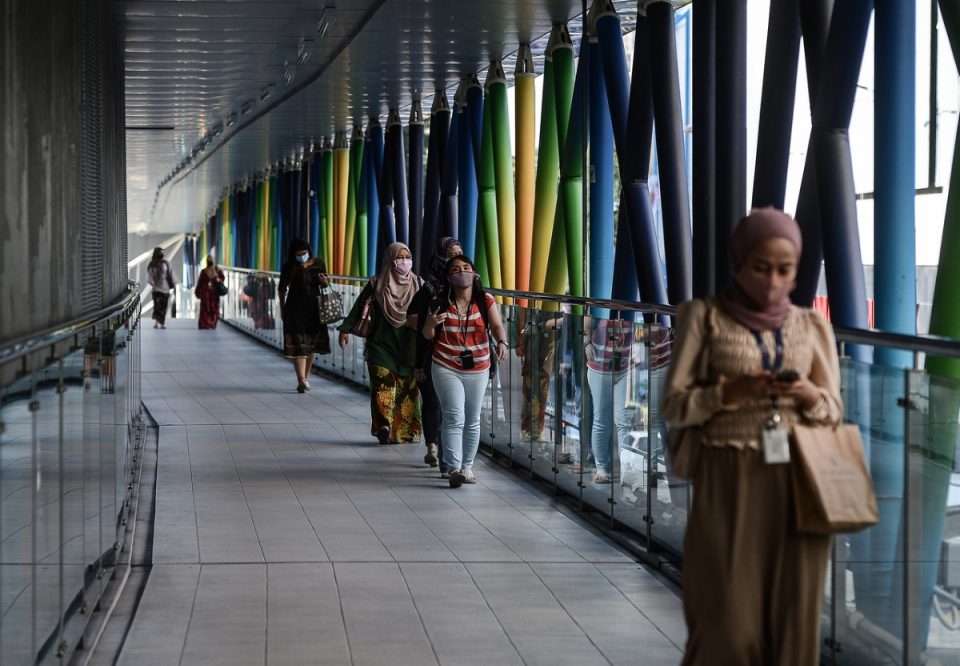KUALA LUMPUR, Sept 21 — The participation of women in the employment sector, especially in the professional field, is important in driving the progress of the country, but challenges such as discrimination in the workplace and family commitments need to be overcome to retain them in their career paths.
For Independent Non-Executive Director of the Malaysia Digital Economy Corporation (MDEC) Wan Izzana Fatimah Zabedah Mohamad Salleh, fair representation of women in the workplace could increase team productivity and bring more profit to a company or industry.
“Highly educated women are investment assets who contribute to the development of the country. The country will suffer a loss when the capital invested in the form of education for women is not channelled through career involvement.
“…discrimination of women at workplace needs to stop. This can be seen in terms of salary rates, positions and so on to ensure that these professional women do not leave their careers, as well as attracting other women to work,” she said.
She told Bernama when met after appearing as a guest on Bernama TV’s Darah Muda programme titled ‘Professional Wanita, Hilang Dari Radar?’ last night.
Wan Izzana said the involvement of women in the gig economy is also seen as important to help women especially single mothers, persons with disabilities (OKU) and retirees generate flexible income.
“This gig industry needs to be expanded among women or those who have huge family commitments. At MDEC, we realise the importance of developing this gig economy and we have introduced various initiatives.
“Programmes such as the Global Online Workforce (GLOW) implemented in 2020 have now benefited up to 10,000 freelancers in Malaysia by offering training and guidance from experienced instructors. I hope women out there can get involved in the gig economy,” she said.
Various opportunities are being offered by government and private agencies as well as local industries that are able to improve the professionalism of women in the country, however, they need to be promoted comprehensively, she added.
Meanwhile, Wan Izzana is of the view that family responsibilities need to be shared equally between couples to ensure that working women are not burdened.
“Family responsibilities and work pressure prompted many working women to leave their profession.
“Therefore, the role of taking care of the family such as sending children to kindergarten, cooking and cleaning the house must be done together (husband and wife). The old-fashioned mindset about gender roles needs to be changed,” she said.
Sharing a data from McKinsey & Company in 2021, Wan Izzana said one in three women wanted to leave their career due to burnout, with a burnout rate of 32 per cent recorded in 2020, and increased to 42 per cent in 2021.
— Bernama





